Crossing Over into Uncharted Territory (of Addiction)
The thrill of the unknown is a powerful draw for many gamblers, but it can also be a slippery slope into addiction. Casinos and slot machines in particular are designed to create an environment that encourages players to keep coming back, often with devastating consequences.
The Allure of the Unknown
Gambling has been around for centuries, but modern casinos have taken it to new heights. The flashing lights, bustling energy, and endless possibilities can be intoxicating, making it easy to get caught crossing-chicken.com up in the excitement. Slot machines are a prime example of this phenomenon, with their bright colors and enticing sounds designed to keep players engaged.
But beneath the surface lies a complex web of psychological manipulation. Casinos use techniques such as near-misses (where a player is close to winning but ultimately loses) and loss-aversion (where players are encouraged to chase losses in an attempt to recoup them) to keep gamblers hooked. The unpredictability of outcomes creates a sense of tension, releasing endorphins and creating a feeling of euphoria.
The Dark Side of Addiction
However, this allure can quickly turn toxic when it becomes compulsive behavior. Problem gambling can have severe consequences, including financial ruin, relationship breakdowns, and even mental health issues such as depression and anxiety.
According to the National Center for Responsible Gaming (NCRG), 3% of adults in the United States exhibit problem gambling behaviors, with an additional 1% meeting the criteria for pathological gambling. The economic costs are staggering, with problem gamblers estimated to lose over $20 billion annually.
Slot Machines: The Perfect Storm
Slot machines are a major contributor to problem gambling. With millions of dollars spent on research and development each year, manufacturers have created machines that are increasingly sophisticated in their ability to hook players.
One study by the University of Nevada, Las Vegas (UNLV) found that slot machine near-misses can activate the brain’s reward centers, releasing dopamine and creating a desire for more. This can lead to an intense craving for the next spin, even if it means risking further financial losses.
Crossing Over: A Personal Story
Sarah had always been a casual gambler, playing slots on vacation or at her local casino. But after a particularly big win on a progressive slot machine, she found herself hooked. She started playing more frequently, chasing the next big win and convinced that it was just around the corner.
Before long, Sarah’s spending habits had spiraled out of control. She was taking loans from friends and family to fund her habit, lying about her losses to avoid judgment. As her relationships began to suffer, Sarah knew she needed help but couldn’t stop herself from crossing over into uncharted territory.
Recognizing the Signs
Problem gambling can be difficult to identify in others, as it often masquerades as entertainment or a harmless way to pass the time. But there are warning signs that suggest someone has crossed over into addiction:
- Spending more money than intended
- Chasing losses or trying to recoup past wins
- Feeling anxious or restless when unable to gamble
- Hiding or lying about gaming habits
- Using credit cards or loans to fund gaming
If you recognize these signs in yourself or a loved one, it’s essential to seek help.
Breaking the Cycle
Fortunately, there is hope for those struggling with problem gambling. Treatment options include cognitive-behavioral therapy (CBT), support groups like Gamblers Anonymous, and medication such as naltrexone to reduce cravings.
Sarah sought out counseling and joined a support group, where she found others who understood her struggles. With the help of a therapist and a support network, Sarah was able to break free from her addiction.
Conclusion
Crossing over into uncharted territory is never easy, but it’s essential to acknowledge the warning signs of problem gambling. The allure of casinos and slot machines can be intoxicating, but beneath the surface lies a complex web of psychological manipulation designed to keep players hooked.
If you or someone you know has crossed over into addiction, there is help available. Seek out treatment options, support groups, and resources such as the National Problem Gambling Helpline (1-800-522-4700). Remember, it’s never too late to break free from the cycle of addiction and start anew.
